Philosophy
September 15, 2015
In the movie “American Sniper,” which tells the story of Navy SEAL Chris Kyle, one scene recounts the words a young Kyle heard from his father. Kyle’s father instructs that there are three types of people in the world: wolves (who do evil), sheep (who suffer the evil), and sheepdogs (who protect the sheep from evil). The father tells his son that he is raising neither wolves nor sheep. His sons will be sheepdogs.
We recently learned that Spencer Stone, Alex Skarlato and Anthony Sadler are sheepdogs. Stone, an airman in the U.S. Air Force, Skarlato, a member of the National Guard and Sadler, a student, stopped what would have been a deadly terrorist attack in France on Aug. 21, 2015. With the help of Chris Norman of Britain and other French heroes, they saved hundreds of lives.
Cynics responded in a predictable way (bow to your cross-Atlantic saviors again, Frenchmen!), but the thwarting of this attack teaches a very important lesson: no matter what is going on in the world, no matter how bad it looks, there is often someone who is willing to do the right thing, to stand up to danger and to put life and limb on the line for the greater good.
Of course, the inverse of this is true.
As gunfire was heard and screams echoed down the train’s corridors, the train’s staff quickly barricaded themselves into safe areas, leaving passengers stranded, including families returning from vacation. Those who should have been counted on to help others cowered. They locked the door, and refused to let others into the safe area. While we call all understand fear, these actions are inexcusable. Those who should have provided some protection or at least guidance, hid like sheep.
Enter the sheepdogs. Skarlato, upon seeing the gunman enter the car, yelled for Stone to attack and ran to the gunman himself. The three Americans, friends since middle school, attacked the terrorist. They then hog tied him, tended their many wounds and to those of others, and delivered the shooter to the authorities.
Their bravery came with a cost. The terrorist cut Stone in the neck and almost severed his thumb with a large box cutter. Mark Moogalian, a French American, who had also stood up to the attacker, was shot through the back of the neck and severely wounded. He was rescued by an already injured Stone, who managed to reach into Moogalian’s neck and push down on the carotid artery, preventing him from bleeding to death. The risk of severe injury was no doubt apparent from the outset. But the commitment was clear from Skarlato’s words when he saw the gunman enter the carriage. “Spencer, go,” Skarlato said. “Let’s go, go!”
The shout of “Let’s go!” is eerily similar to another thwarted terrorist attack. On United Flight 93, on Sept 11, 2001, Todd Beamer, attempting to inform the authorities about his hijacked flight, spoke two almost identical words. After saying that the passengers were preparing to attack the terrorists, he set the phone down and asked his fellow passengers–his fellow heroes–“Are you guys ready? Let’s roll.” Those were Beamer’s last recorded words. Instead of allowing their flight to be used against targets in Washington, D.C., Beamer and his fellow heroes sacrificed themselves to save lives.
Edmund Burke, an eighteenth-century Anglo-Irish statesman, once said that “the only thing necessary for the triumph of evil is for good men to do nothing.” Circumstances often require common people to take the initiative to defend themselves and others. Unless the sheepdogs step forward, the wolves may triumph.


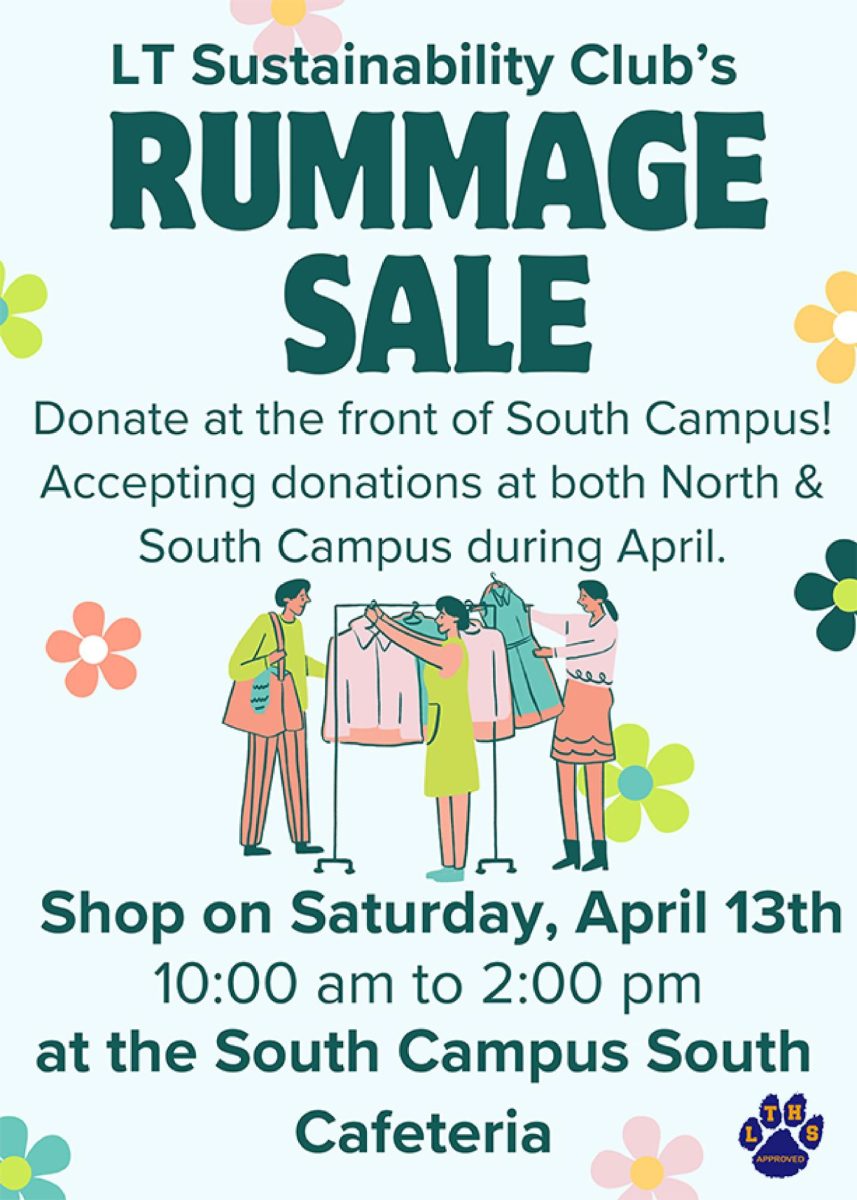

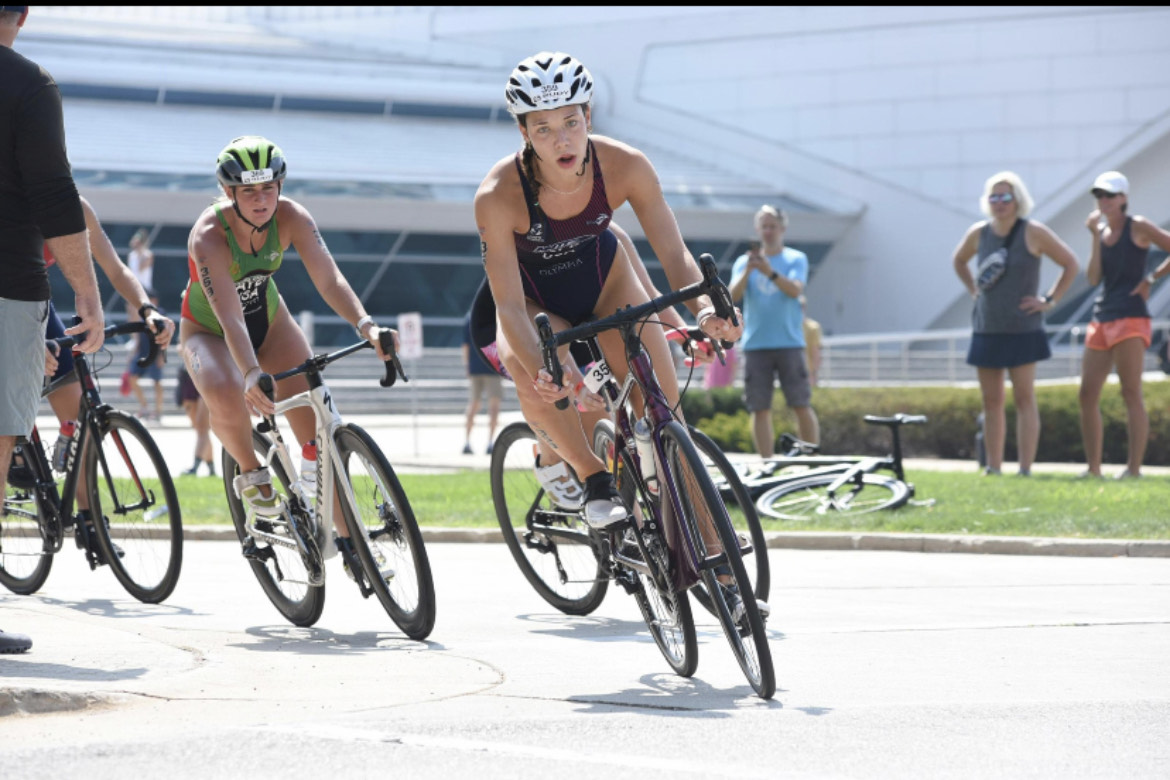
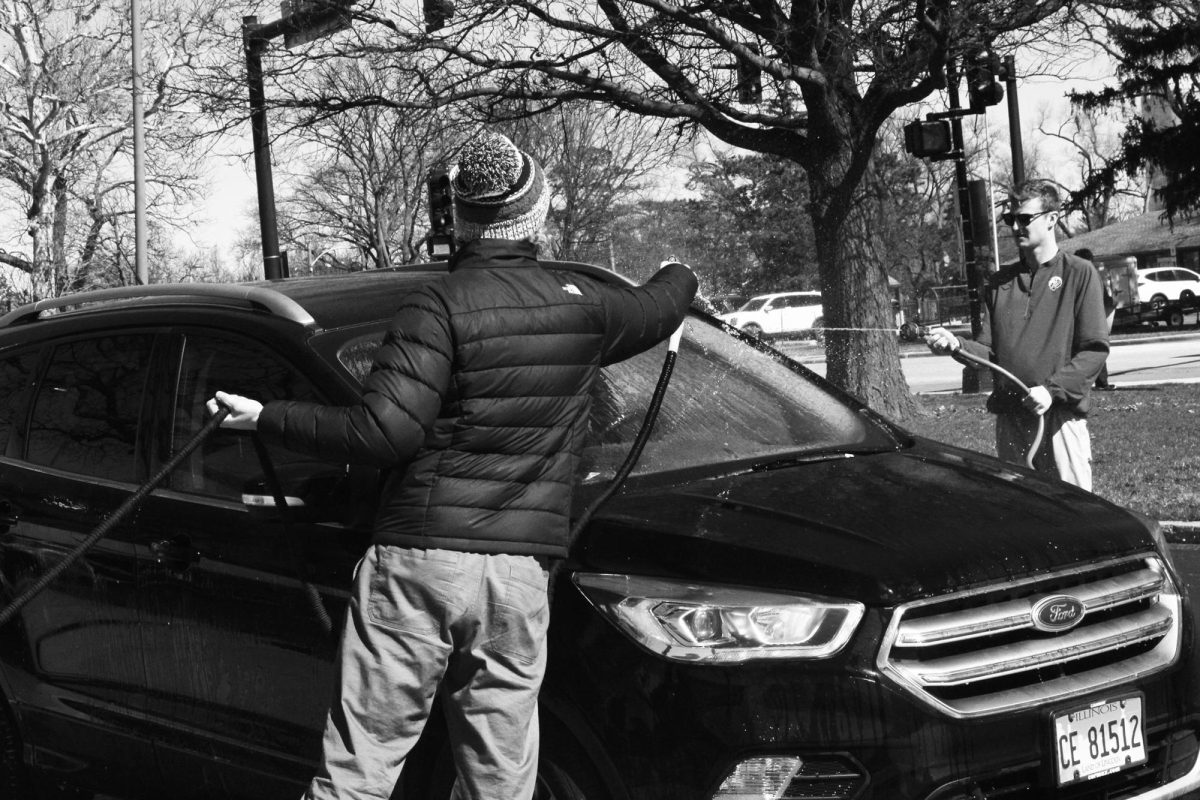
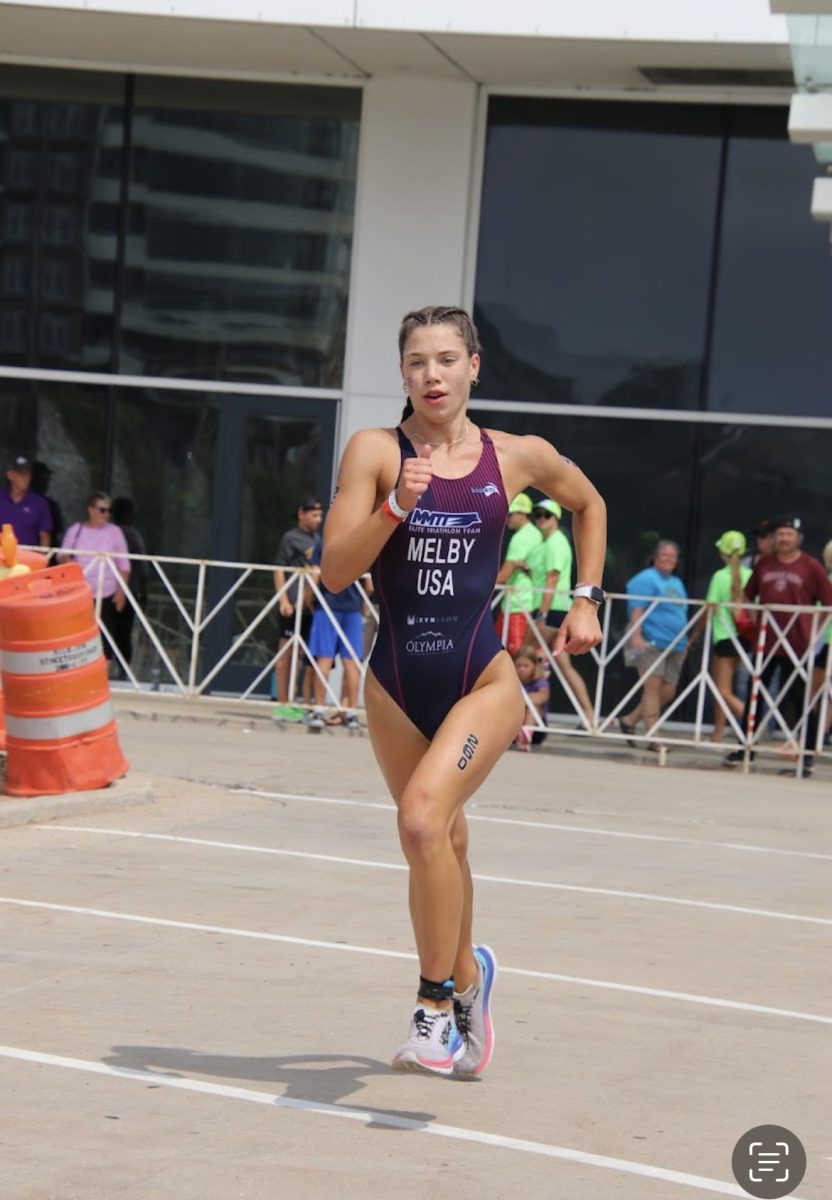
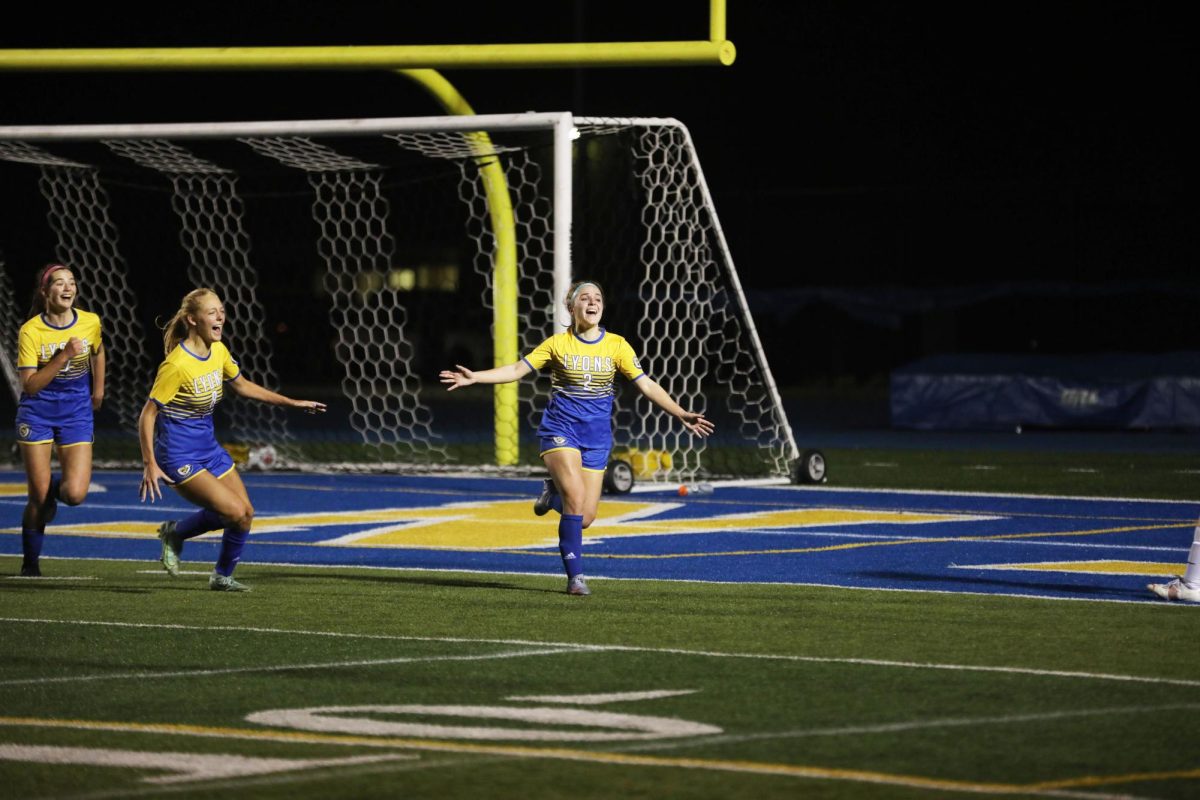
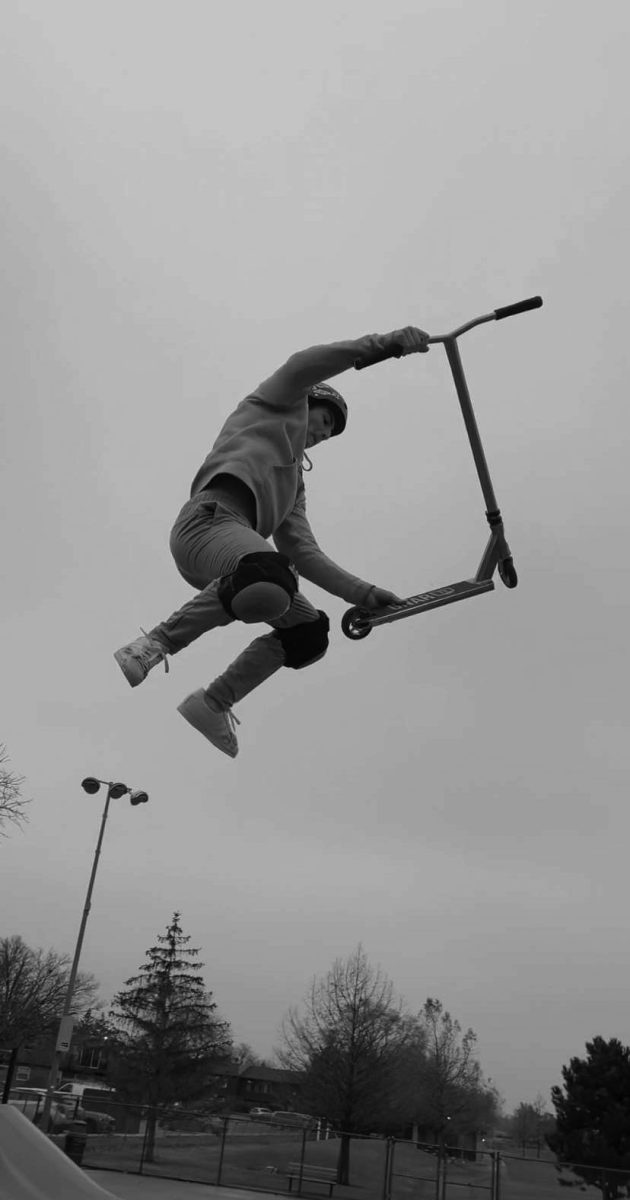
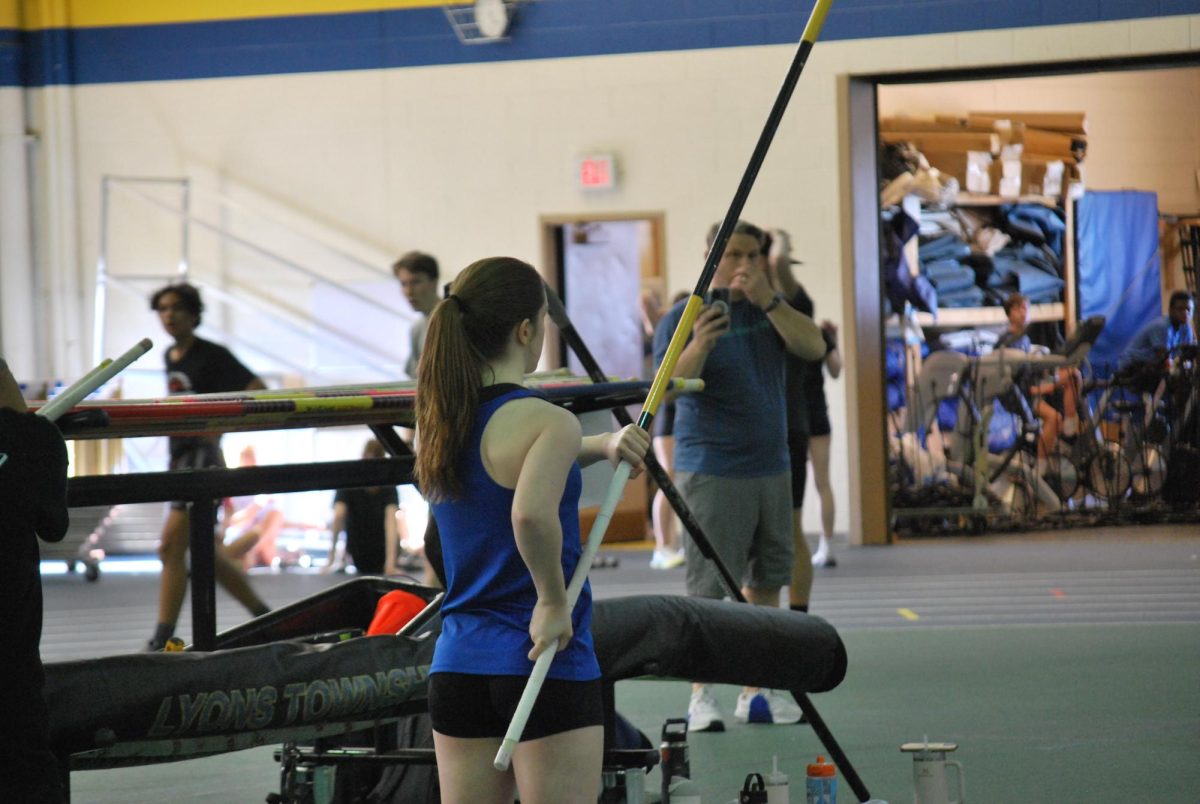
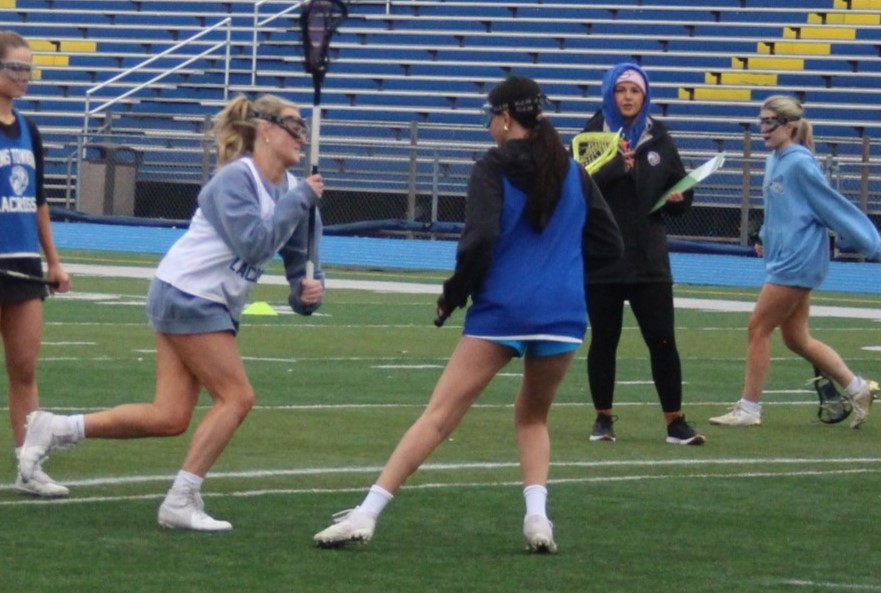
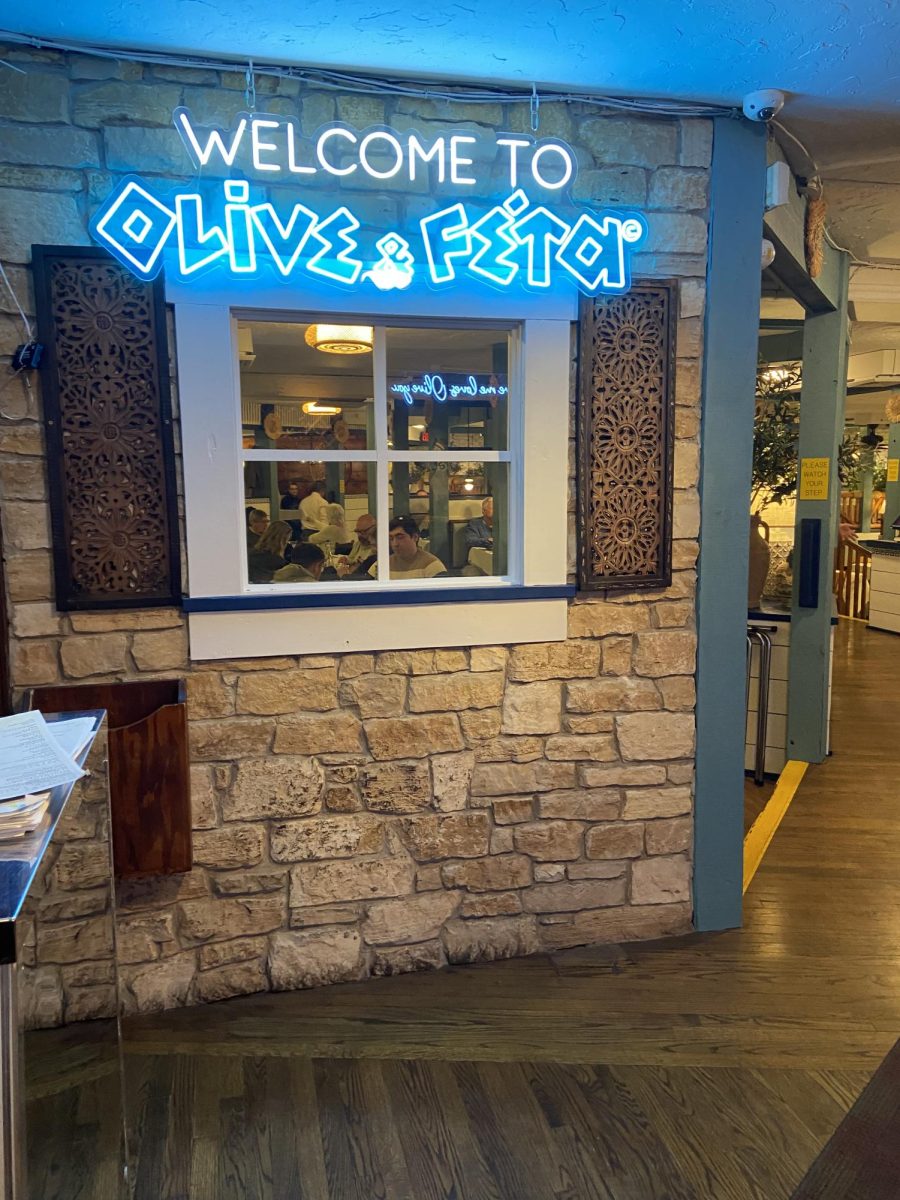
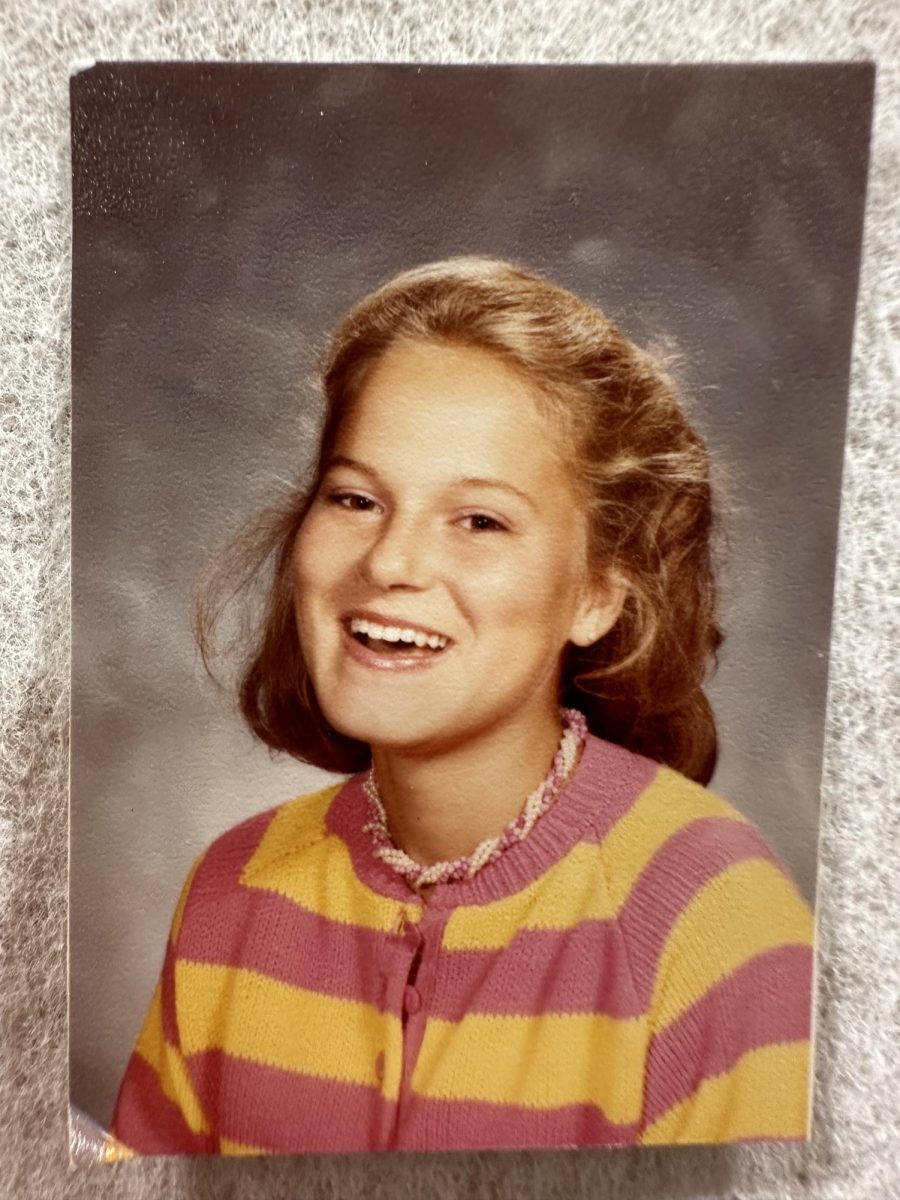
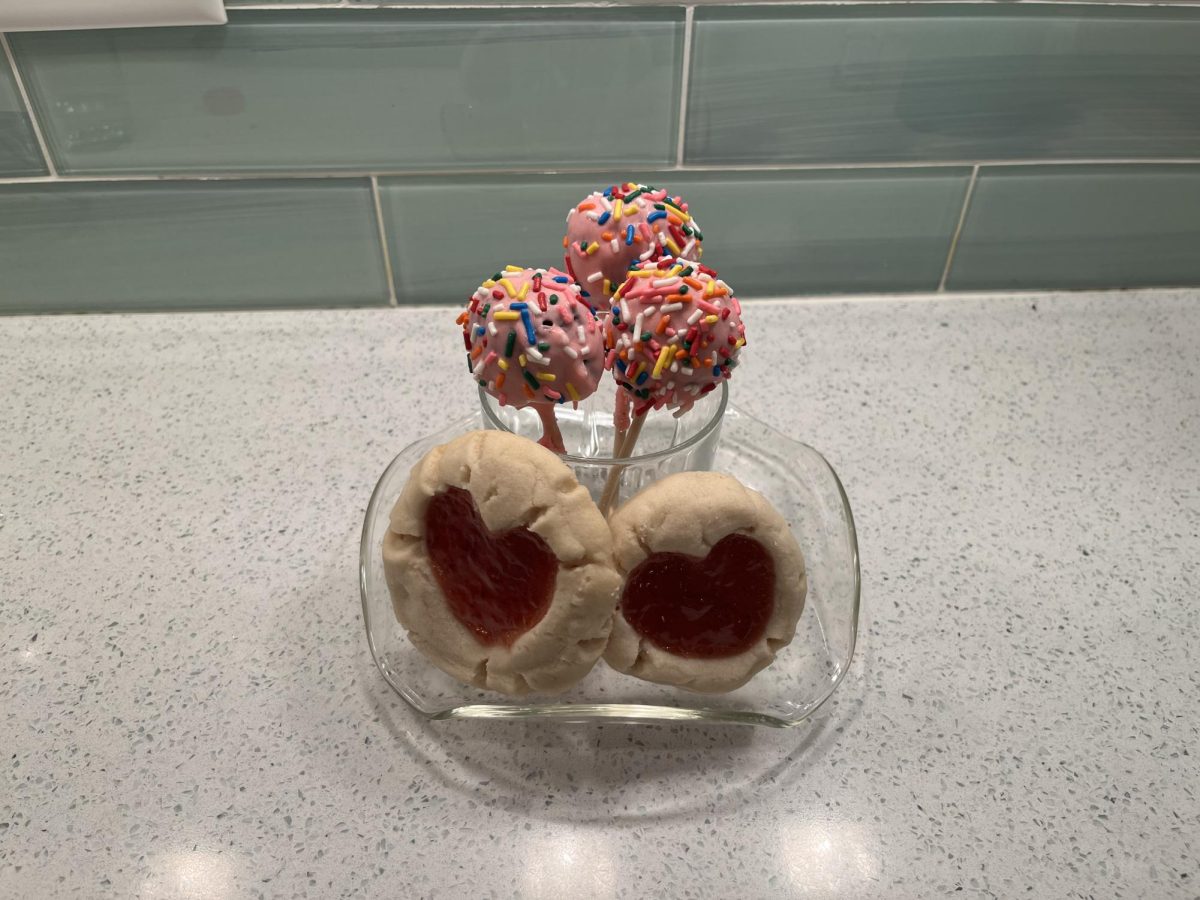
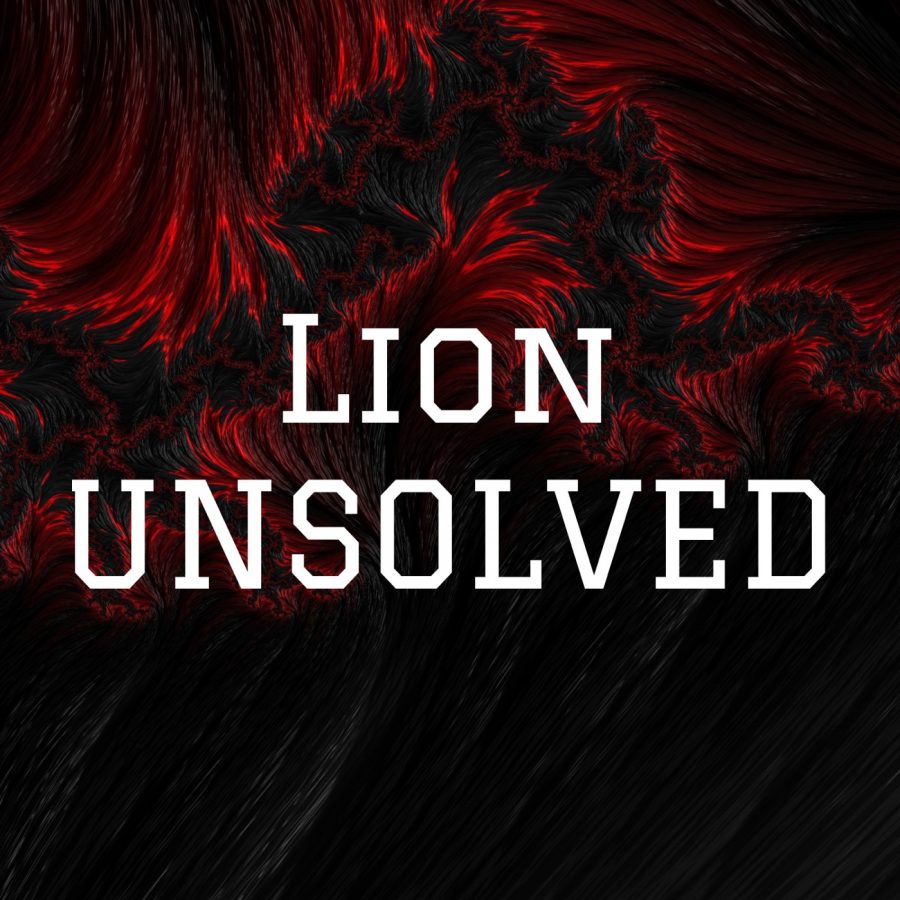
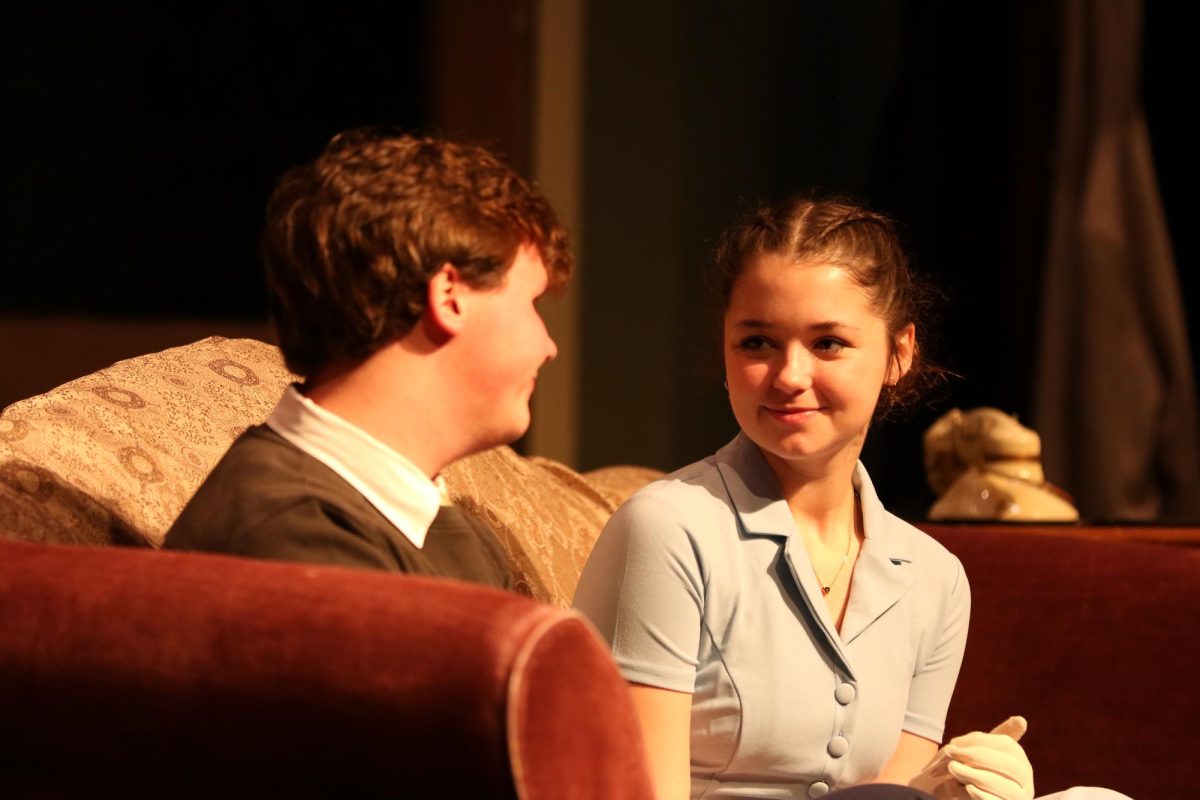


![Movie poster for [Rec] (2007).](https://www.lionnewspaper.com/wp-content/uploads/2023/04/rec-640x900.jpg)

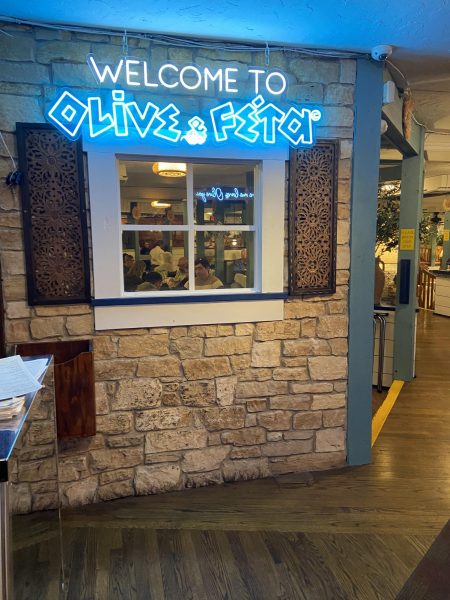

Martha LAWLER • Apr 13, 2016 at 8:26 pm
Another thoughtful commentary. Thank you.